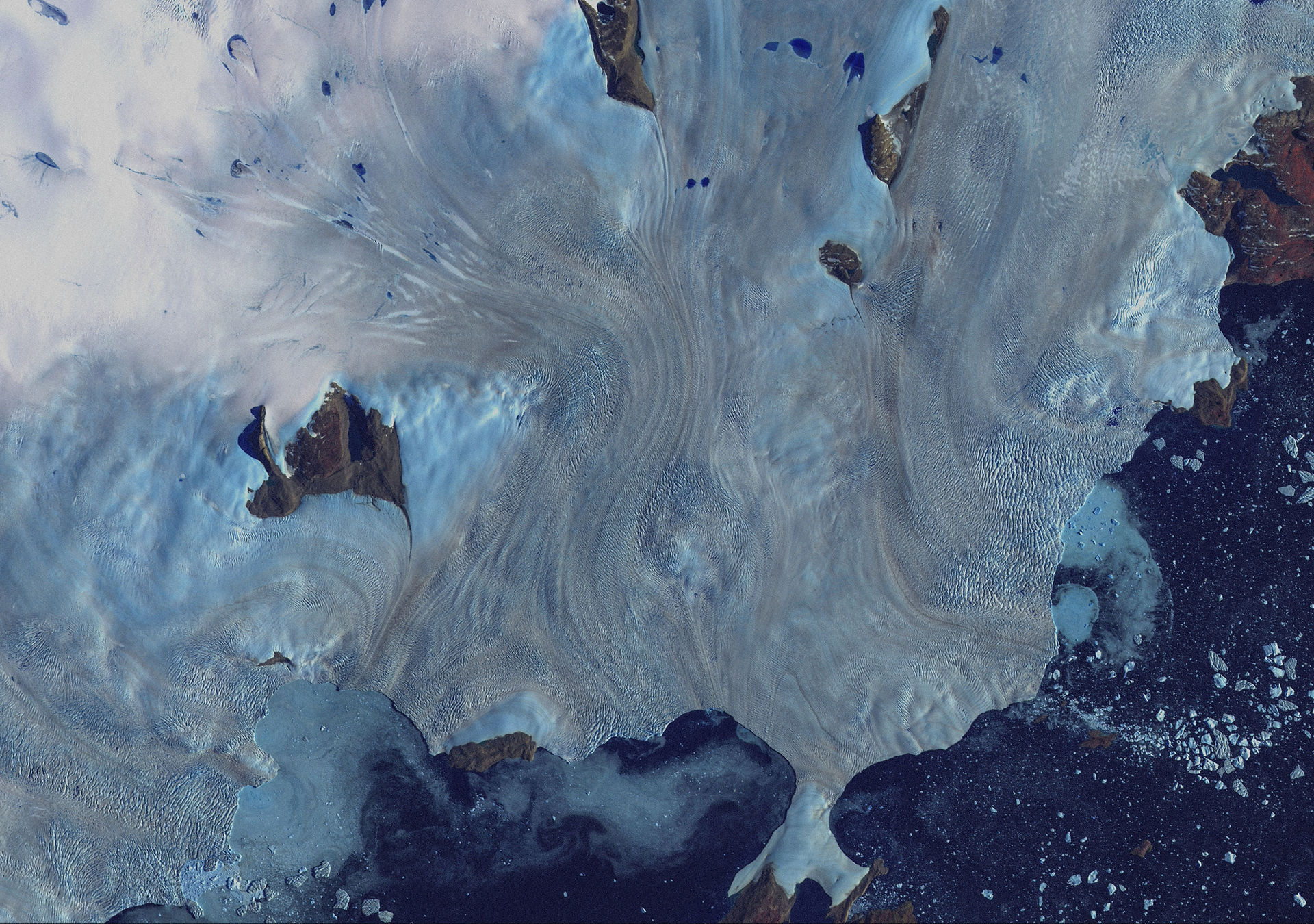Stickyrama
- Camille de Noray
- Apr 1, 2024
- 1 min read
Stickyrama explores the relationship between the Ecological Crisis and the Attention Crisis as being two sides of the same coin: the Environmental Crisis. The economy of digital platforms depends on the user’s attention time, and its actors generate profit from the extraction of users’ data. From programming applications and algorithms, to designing interfaces, and creating the physical objects through which these platforms are accessed, the entire user experience production chain is geared towards one goal: capturing attention time.


Stanford University’s research laboratories, using behavioural analyses, are working to optimise these technologies and increase their ‘stickiness’, or ‘retention index’. The limited resource of attention is falling prey to a competitive economy, thereby impacting our sleep times and enclosing our imaginations. But technology is a pharmakon; both cure and poison, it is only a reflection of how we use it. Based on a psycho-social critique of the phenomena of capital accumulation through the extraction of time and psychic resources, Stickyrama exhausts a metaphor of capture and extraction to the point of absurdity.


Based on the attention as a unit predictable by marketing, this animated film proposes an inverse experience in which the viewer’s attention is aroused through the grotesque image, thereby opening up to interpretation and stimulating the imagination. The chameleon--an insect predator with a sticky tongue, a professional capturer, a desert dweller, and sometimes cannibal--embodies the worker of captology, a digital marketing discipline born in Stanford laboratories that capitalises on the same sticky predation of man towards his fellow creatures.

Camille de Noray (1991, FR) is a graphic designer, illustrator, visual storyteller, and graduate of the master Non Linear Narrative




Comments